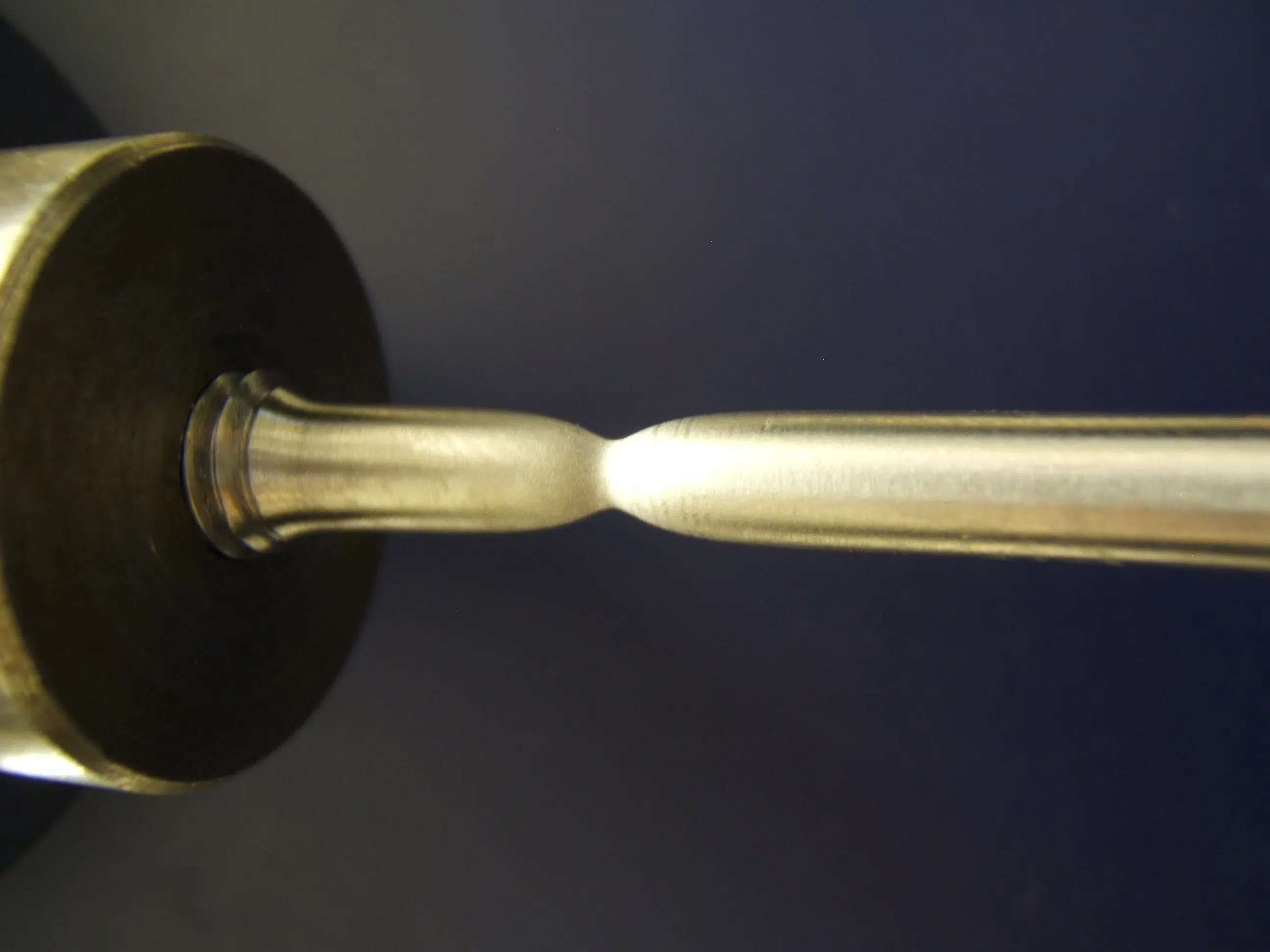
Destructive Testing
Welcome to [NDT Inspection Portal]’s destructive testing group, a place for professionals to connect... View more
Destructive test methods
Destructive test methods
There are many different destructive testing methods that are used to evaluate the properties of materials, components, and systems. Some of the most common destructive testing methods include:
Tensile testing: Tensile testing involves applying a tensile force to a sample of material until it breaks, in order to determine the material’s tensile strength, yield strength, and other mechanical properties.
Compression testing: Compression testing involves applying a compressive force to a sample of material until it crushes or breaks, in order to determine the material’s compressive strength and other mechanical properties.
Bend testing: Bend testing involves bending a sample of material until it breaks or deforms, in order to determine the material’s bend strength and other mechanical properties.
Hardness testing: Hardness testing involves applying a force to the surface of a material using a hard, pointed object, in order to determine the material’s resistance to indentation and its hardness.
Impact testing: Impact testing involves striking a sample of material with a hard object or projectile, in order to determine the material’s ability to withstand impact loads.
Fatigue testing: Fatigue testing involves applying a series of repeated loads to a sample of material until it fails, in order to determine the material’s fatigue strength and other fatigue properties.
Fracture toughness testing: Fracture toughness testing involves applying a load to a sample of material until it fractures, in order to determine the material’s resistance to fracture and its fracture toughness.
Overall, destructive testing methods are used to evaluate the strength, durability, and other mechanical properties of materials and components, and are typically used to determine the maximum load or stress that a material or component can withstand before it fails.
Sorry, there were no replies found.
Log in to reply.